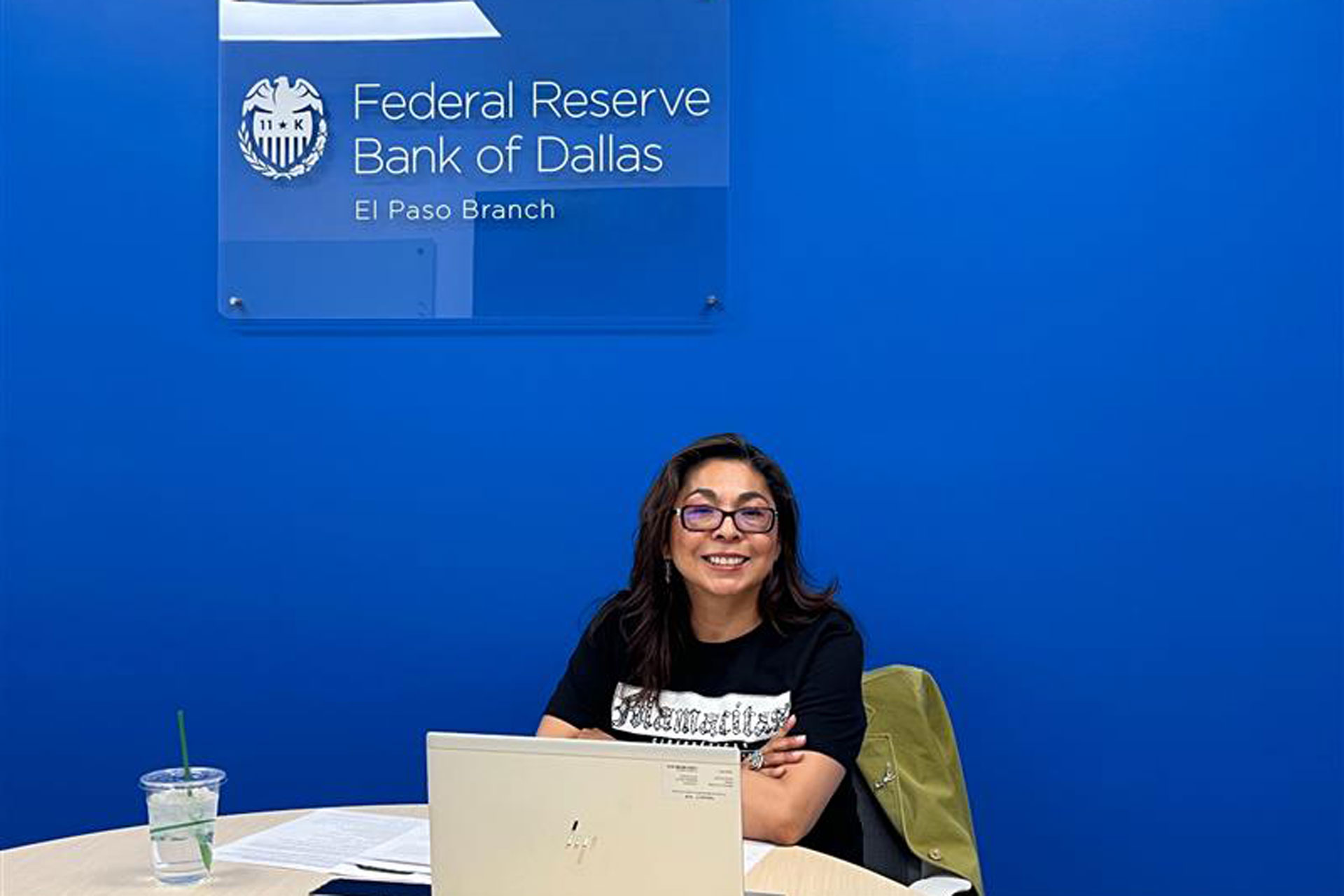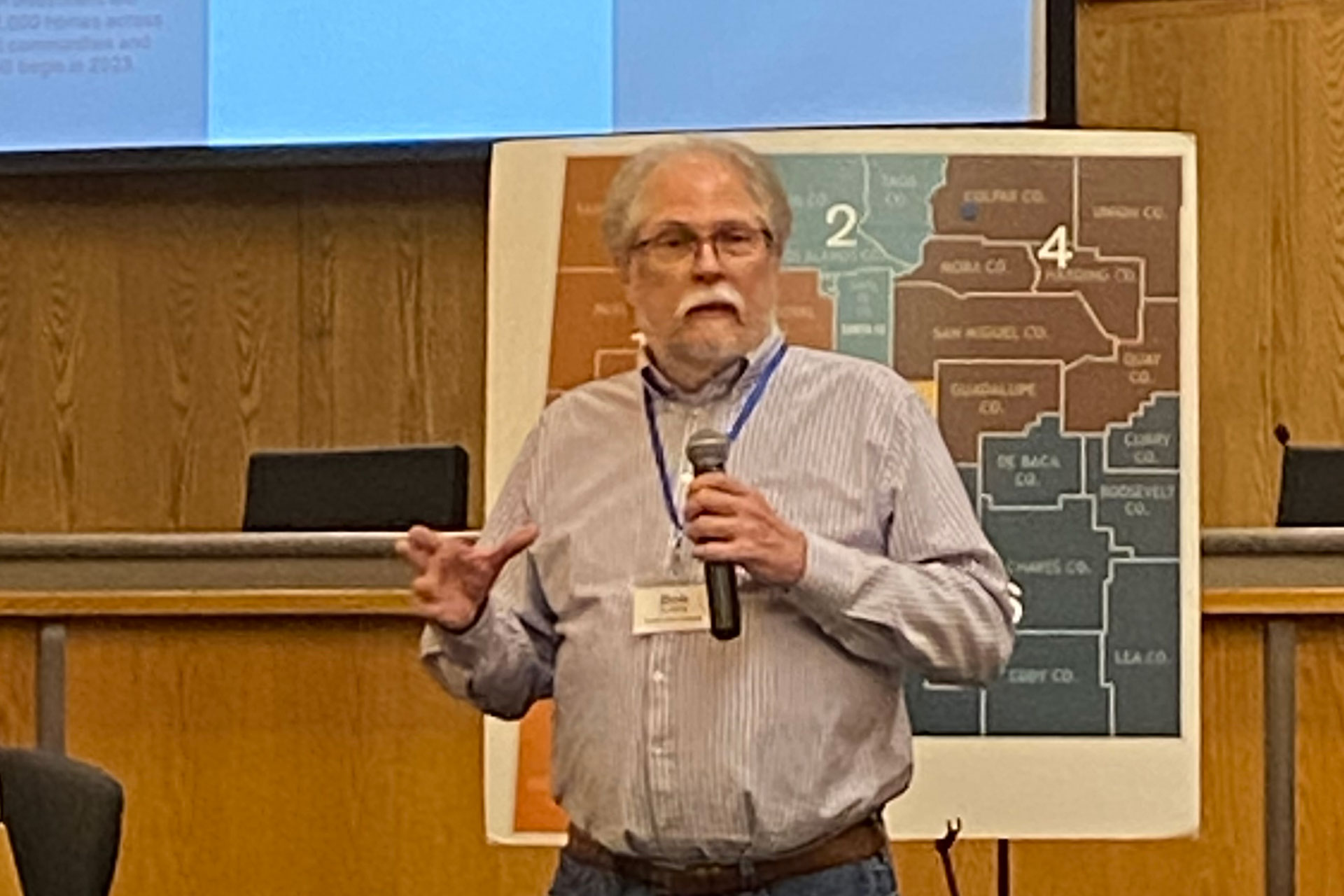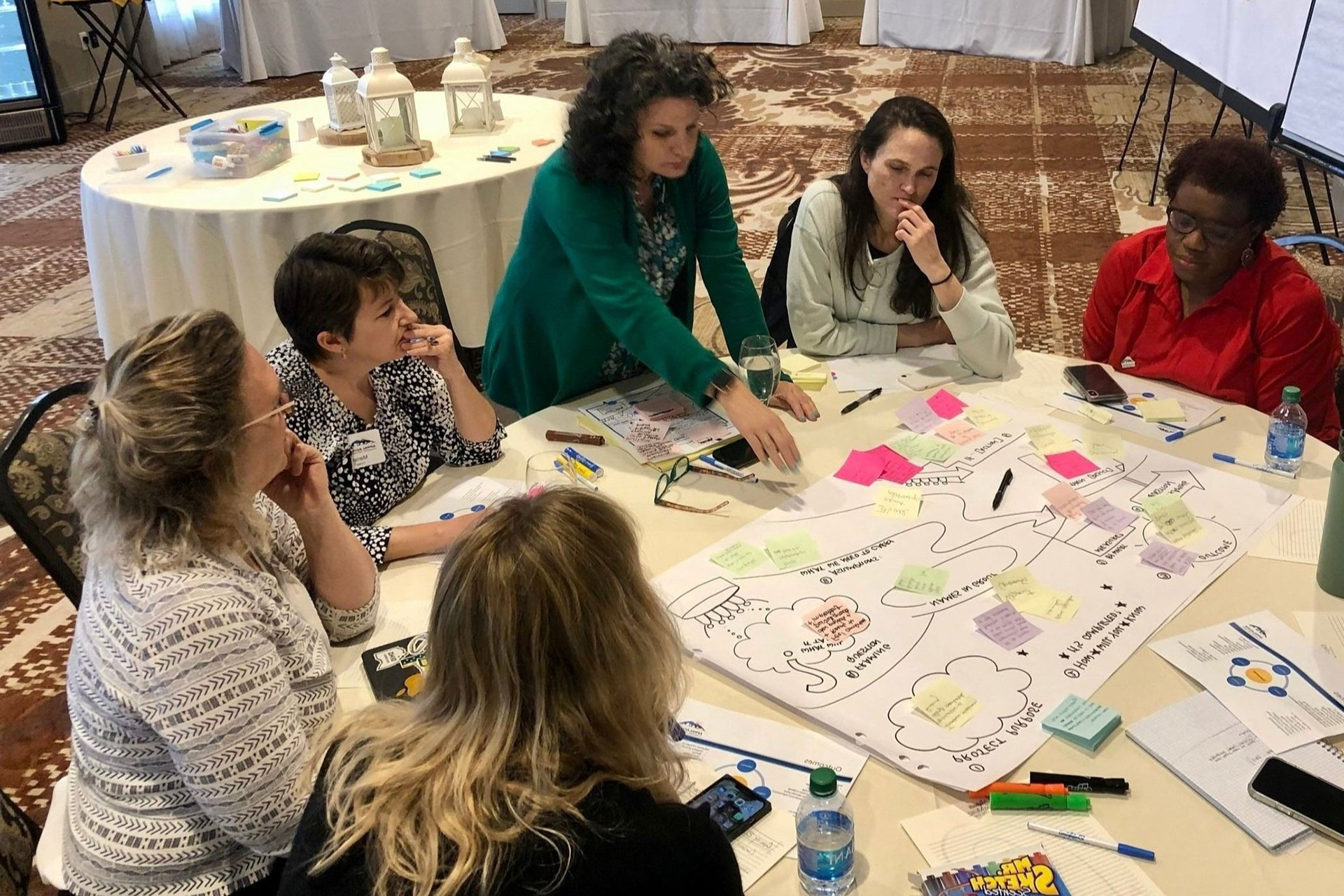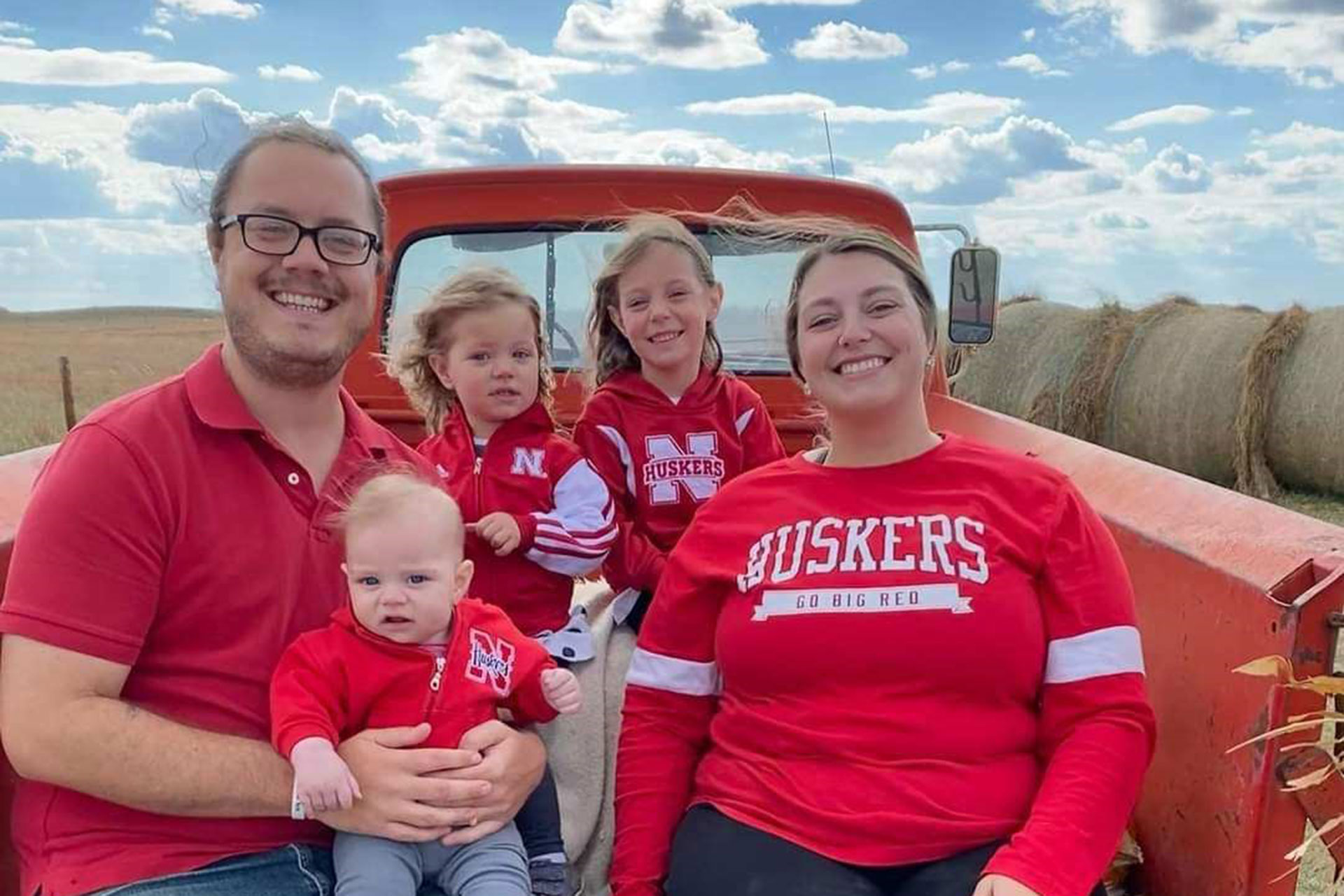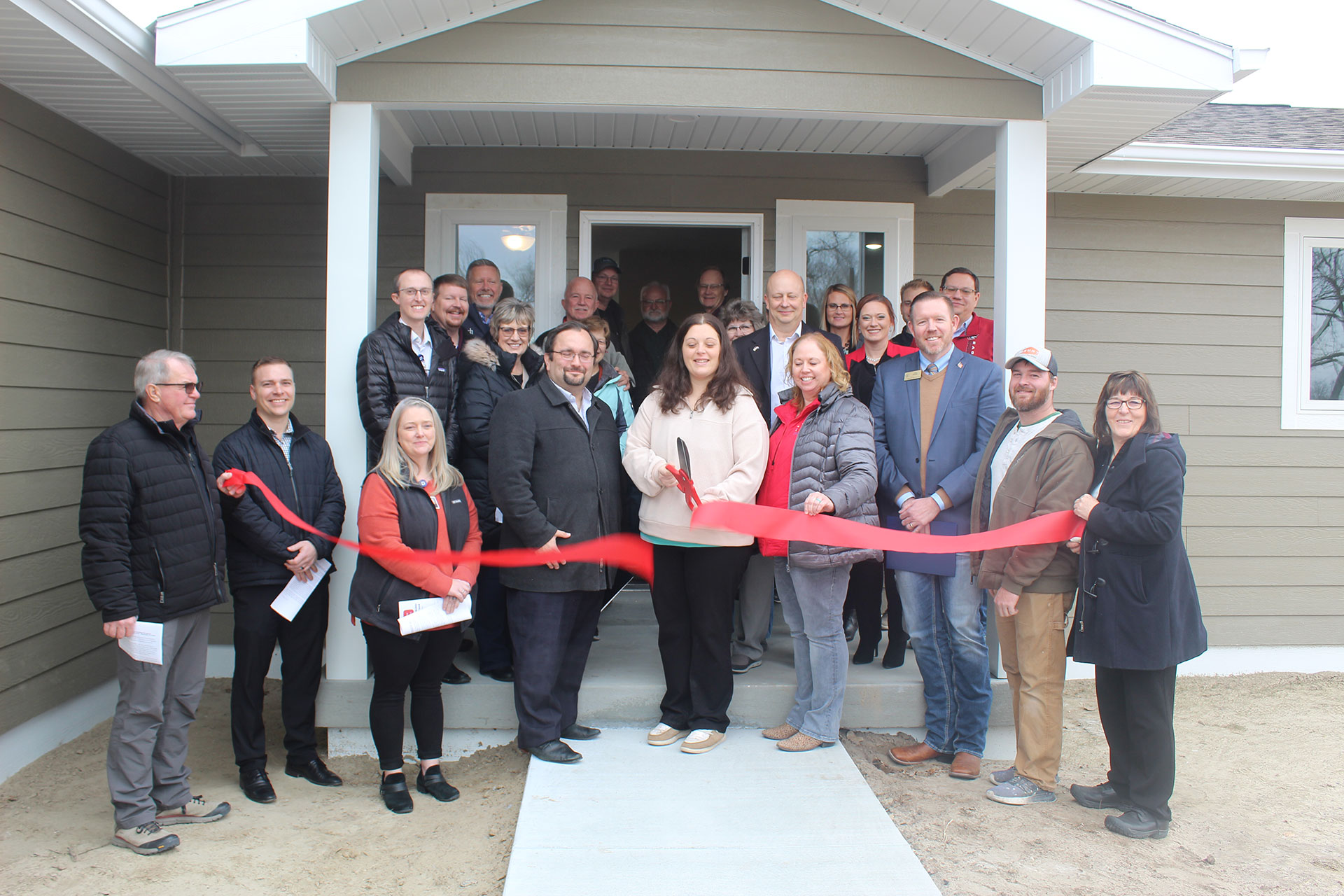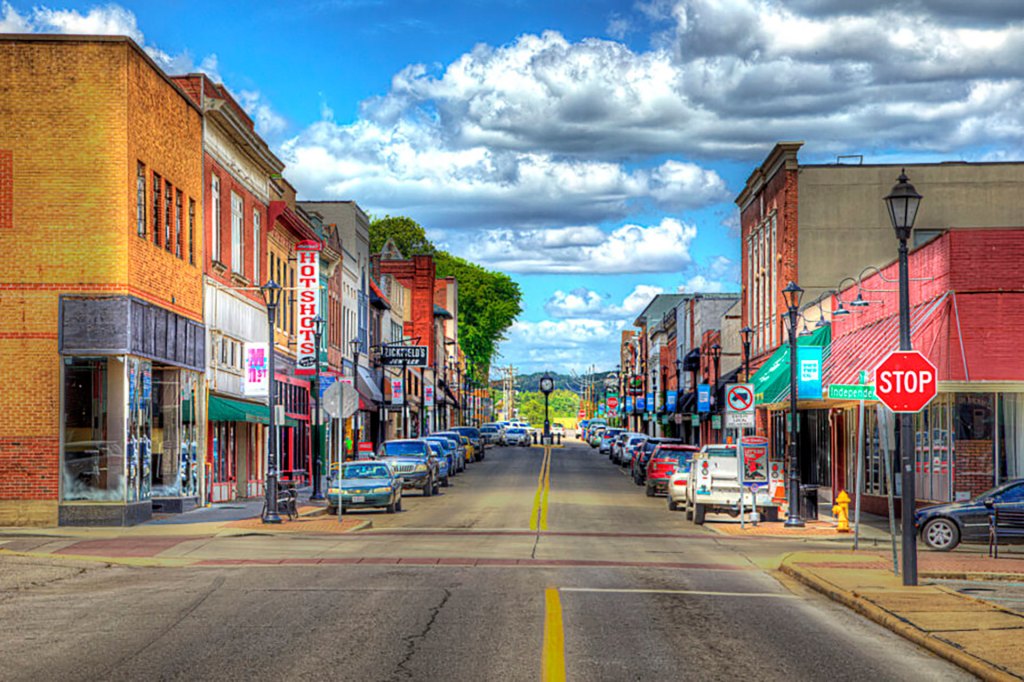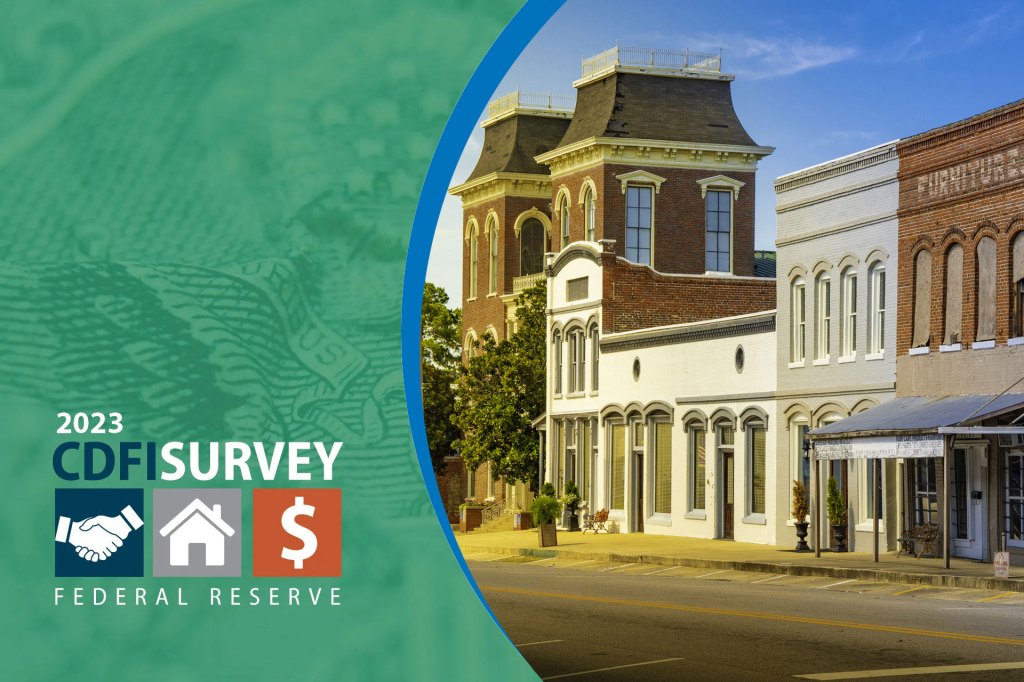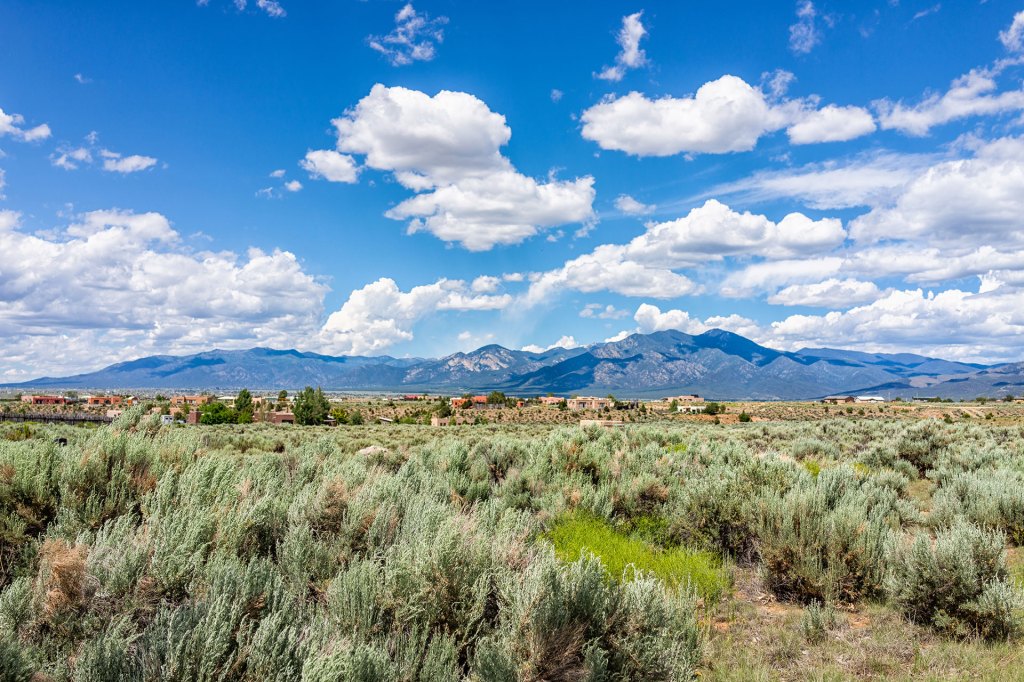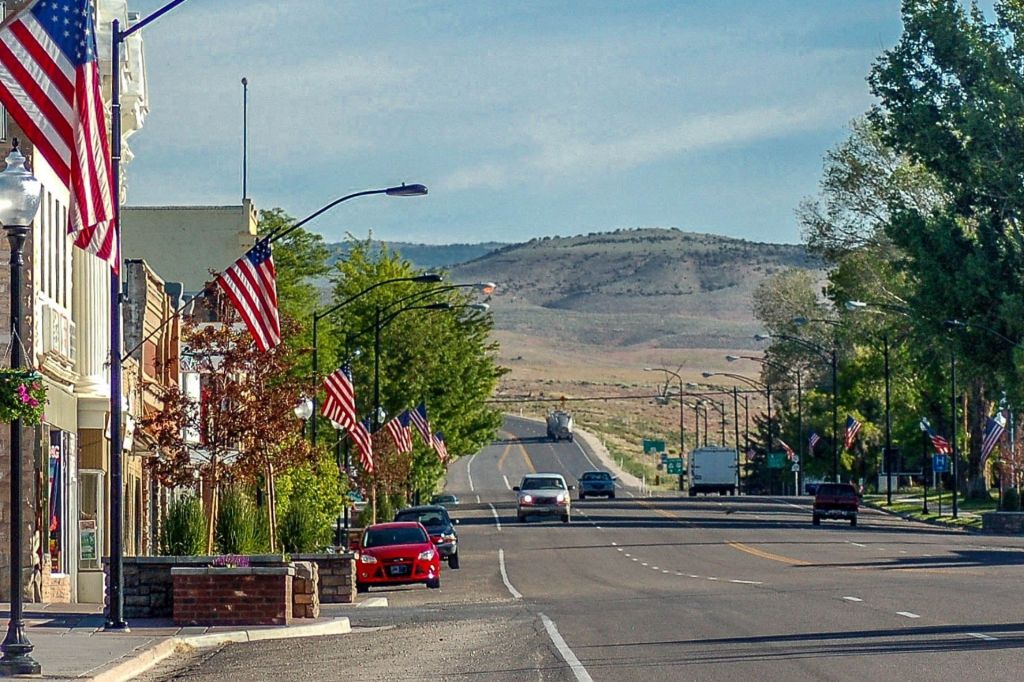
Rural America
A Treasure of Assets
They can be located on the East or West Coast. You can find them near farmlands in the Midwest, the blue islands of Hawaii, and forests in Alaska. Their populations can be racially diverse, representing different ethnicities and experiences. You could have encountered one of them during a family whitewater rafting trip or on a two-mile scenic hike up a mountain. No matter where they’re located, what they look like, or where we live, we’re all connected to rural communities.
This morning’s breakfast cereal could have come from a rural farm that raised wheat. The water consumed after a workout could have come from a small town’s groundwater. The electricity that is essential to everyday life most likely came from a source located in a rural community.
Despite their important connection to our lives, rural areas are no stranger to challenges. But people who call these communities home are embracing the opportunities through resilience, resourcefulness, and determination.
Rural matters: Its importance in our lives
When the economy works for everyone, we all benefit. Workforce development, access to high-speed internet, and access to affordable housing and quality early care and education are just a few factors that affect how we work, live, and play. The Fed’s Rural Learning Community (RLC) shares knowledge about what affects rural communities and how best to foster opportunity in rural areas.

Transforming Rural America
In this series, “Rural America: A Treasure of Assets,” you’ll hear about the work of organizations and people who are passionate about where they live. You’ll hear about what they’re doing to develop high quality, affordable housing. They’ll also share how they’re bringing reliable internet services to remote areas and building systems to help communities create lasting change.
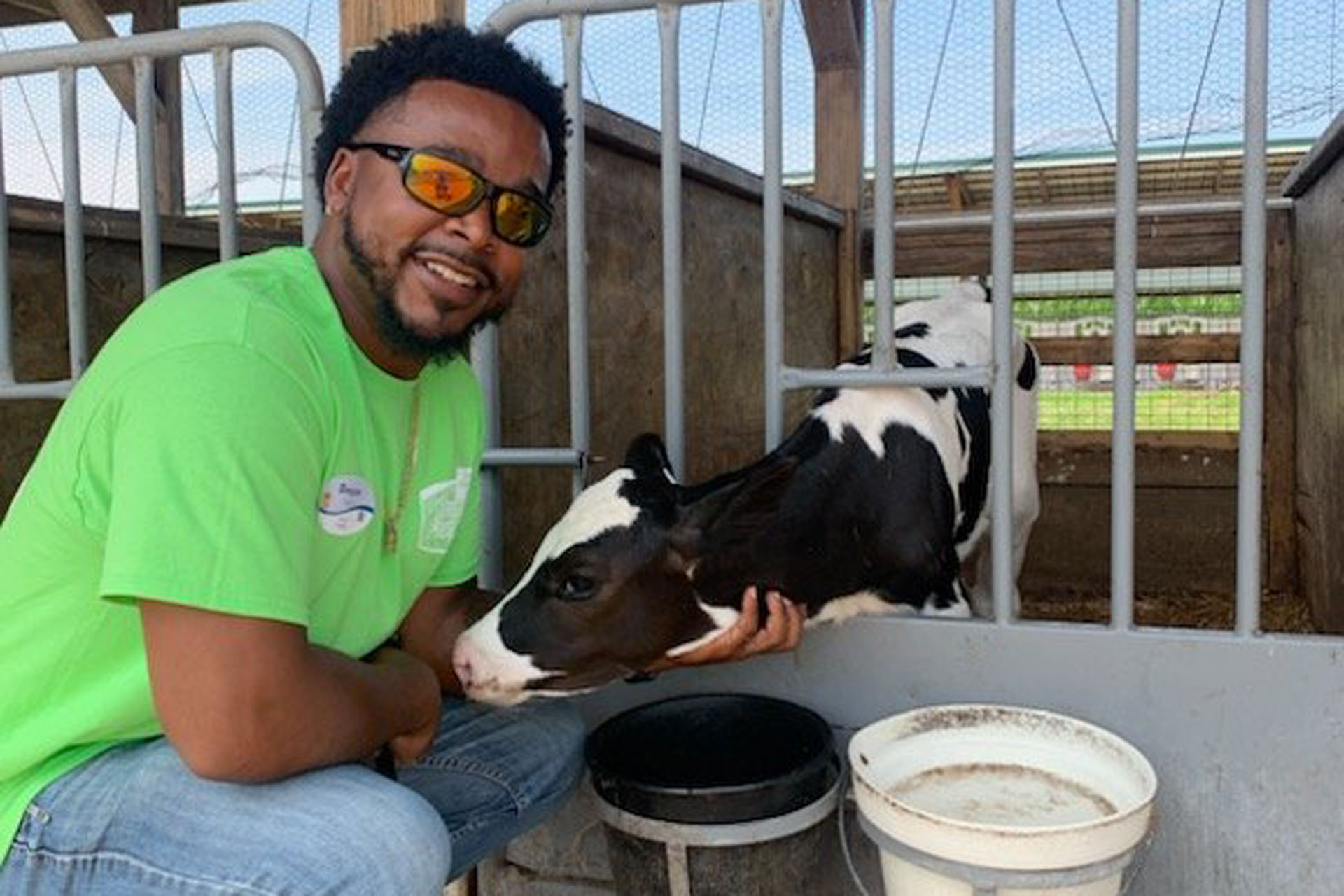
In rural Virginia, a millennial farmer plants seeds in education, on land, and in government
Breyon says he’s continued the family legacy for many reasons, but one stands out. As a self-proclaimed “history nerd,” he says he wants to do his part to keep Black-owned family farms alive.
Mamacítas Cibernéticas (Cybernetic Mamas) wants to make sure the community has a say when it comes to digital inclusion in Doña Ana County, New Mexico.
Maria Chaparro and Bob Bunting share how authentic community input, coupled with intentional collaboration, is advancing digital inclusion in rural Doña Ana County, New Mexico.
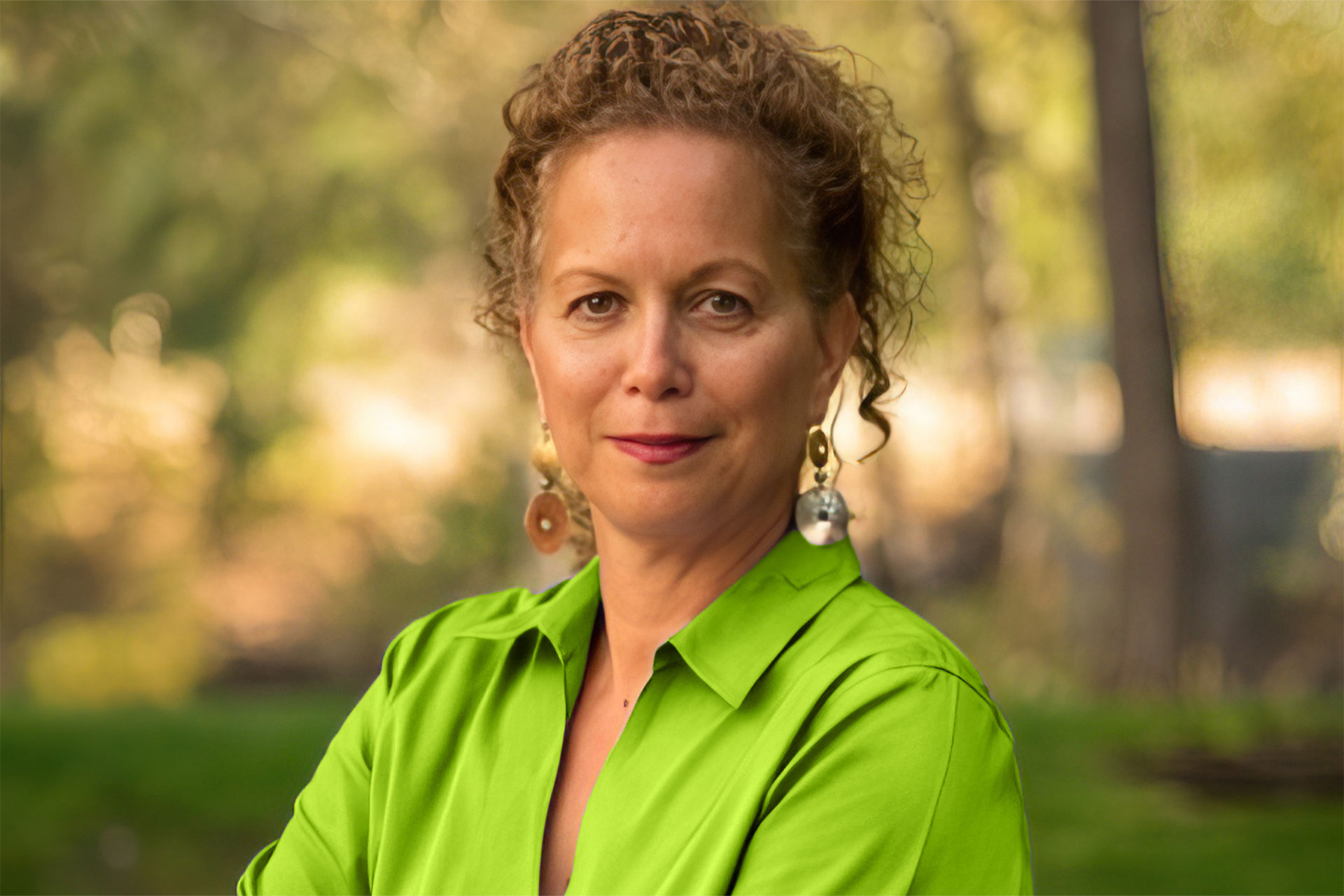
Blossom Johnston does good by strengthening nonprofits in rural Idaho
Blossom Johnston’s strong connection to nature in rural communities, and her passion for children, led her to Idaho almost 40 years ago.
Together, Appalachia Funders Network and the Appalachian Regional Commission leverage each other’s networks to help bridge funding gaps — what they consider an essential ingredient in capacity building.
Discover how a dedicated music teacher, Doug Erb, rooted himself in rural Nebraska, navigating the challenges of finding affordable housing and contributing to community growth.
Discover how the Central Nebraska Economic Development District champions affordable housing in rural Nebraska. Executive Director Judy Petersen shares innovative strategies and financing mechanisms for delivering housing solutions in small communities.
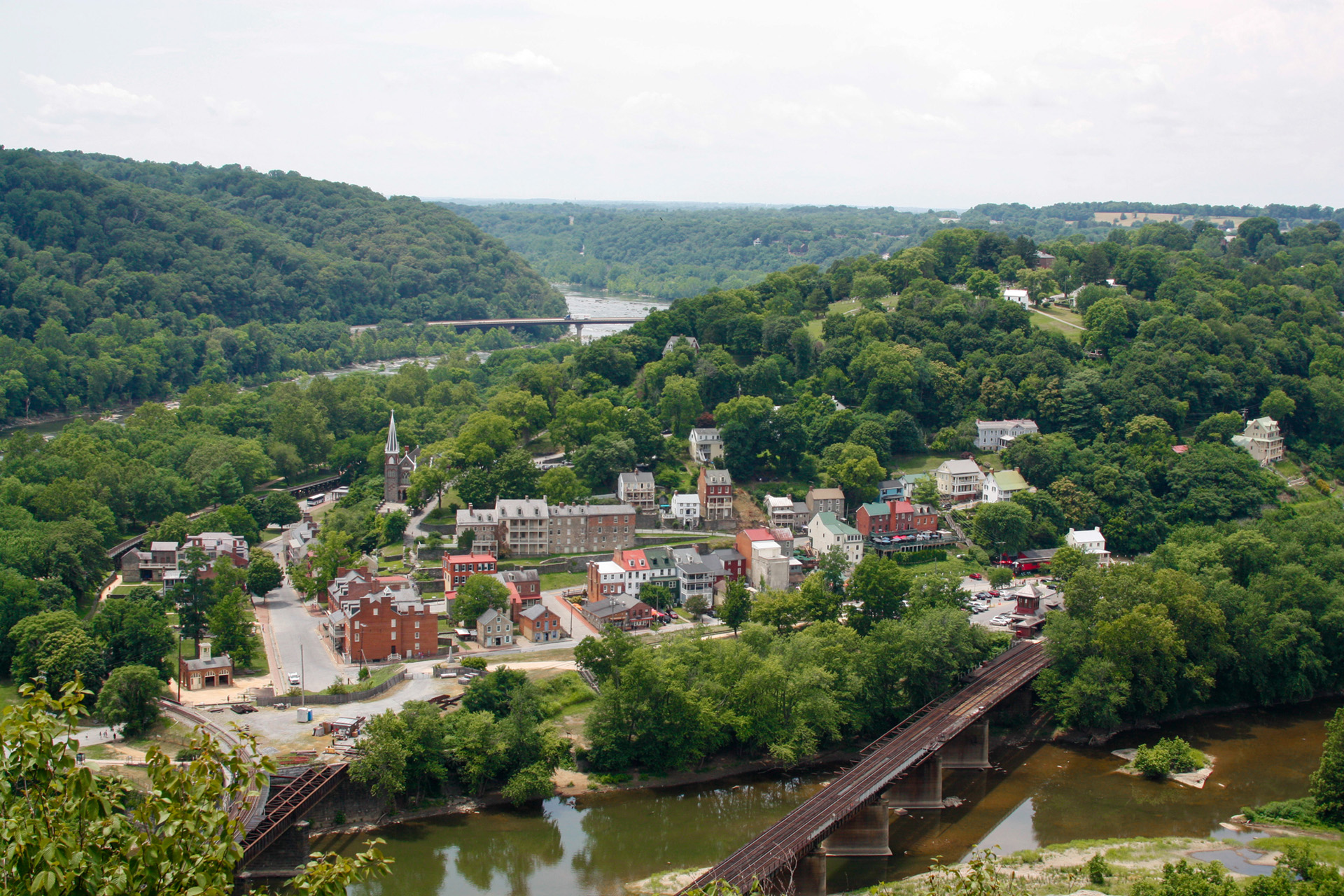
Acknowledgements
Thank you to the following people for contributing their time and expertise to this series.
Crystal Armstrong
Federal Reserve Information Technology
Leilani Barnett
Federal Reserve Bank of San Francisco
Bonnie Blankenship
Federal Reserve Bank of Cleveland
Liz Duda
Federal Reserve Bank of Richmond
Andrew Dumont
Federal Reserve Board of Governors
Samantha Evans
Federal Reserve Bank of St. Louis
Kassandra Huhn
Federal Reserve Bank of Dallas
Greg Johnson
Federal Reserve Bank of Cleveland
Nate Kauffman
Federal Reserve Bank of Kansas City
Hailey Rudd
Appalachia Funders Network
Jason Smith
Federal Reserve Bank of Richmond
Corey Woodruff
Federal Reserve Bank of St. Louis
Related news & views
Investing in health, tribal nations reap more than economic benefits
Improving and growing their health care infrastructure with their communities front of mind, three tribal nations in Oklahoma fuel employment, expand quality health care access, and enhance economic benefits for…
Recipes for rural prosperity as populations change
Some rural areas are shrinking as young people move away, while others are absorbing an influx of newer US residents. What should rural communities consider as their populations shift?
Get insightful data and findings from the Richmond Fed's 2023 CDFI Survey, highlighting the impact and challenges of rural CDFIs.
Centering tribal values to improve prosperity in Native American communities
By centering their traditional values in their economies and ways of life, many Native communities in the United States are making progress towards higher levels of prosperity.
Supporting entrepreneurship for rural economic development
Entrepreneurs are the life blood of a community’s economy. Investing in and supporting entrepreneurship ecosystems can lead to the growth of additional entrepreneurial activity in a community.






